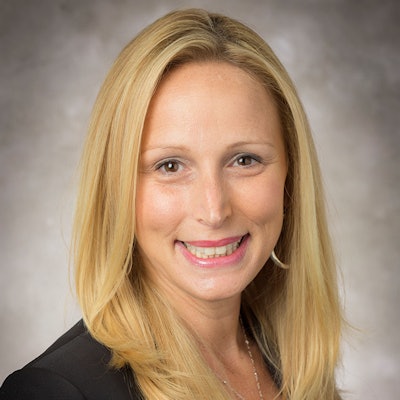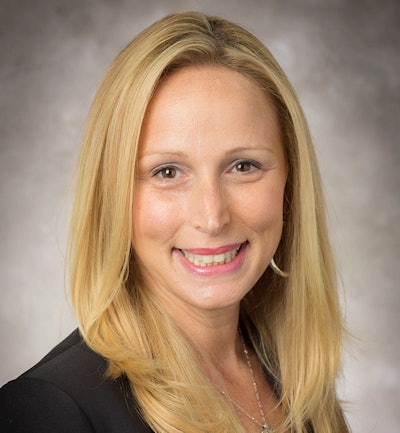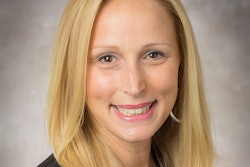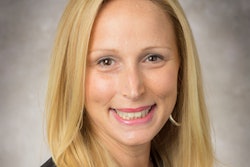
It's no secret that people are losing benefits due to job loss. Companies are cutting dental coverage from their benefit plans for cost savings. If you've seen more patients coming through your doors without insurance, you may be wondering what you can do to help them still complete their treatment plans. Dental savings plans are an affordable alternative to traditional dental insurance and an option to consider.
I recently hosted a Q&A session with Jenn Stoll, chairperson of the Consumer Health Alliance and chief commercial officer of DentalPlans.com, a leading online marketplace for dental savings plans in the U.S. She discussed how dental savings plans can help your uninsured patients (and your practice).
 Jenn Stoll.
Jenn Stoll.Q: How can a dental savings plan help uninsured patients?
A: Dental savings plans provide your patients who don't have any coverage with a way to receive treatment they may otherwise delay or skip due to cost. Offering these plans gives uninsured or underinsured patients a way to save on their dental care right away.
These plans work like a Costco membership: Patients join a plan and then have access to the contracted rates and pay you directly at the time of service. There are no health restrictions, no annual limits, and no waiting periods, as plans activate in just one to three business days, with some even activating the same day!
Q: Why wouldn't a practice just offer a discount to its uninsured patients?
A: While practices may offer discounts directly to patients, dental savings plans allow the practice to avoid negotiating with each patient. Plus, these plans are great for patients whose treatment plans require work at multiple practices. If you're referring your patients to a specialist who doesn't offer them a discount, finances may keep them from completing their treatment plans. If patients joined a dental savings plan that was accepted at all of their providers, then they could save on all of their procedures.
Q: How and when are these types of plans best received by patients?
A: We find that dentists and office staff have the most success when mentioning dental savings plans while presenting patients with their treatment plans. Some dentists have told us they have seen acceptance rates improve among uninsured patients by 40% to 50%, and patients with a dental savings plan return 10 times more frequently, compared with those using other forms of payment. You are providing them not only with a plan for receiving their care but also with a solution for the financial component.
Q: Why are dental savings plans so important for practices right now?
A: Millions of people in the U.S. have lost their jobs throughout the pandemic. The National Association of Dental Plans estimates that about 90% of Americans with private coverage receive benefits through their employer or other group program, so it is likely there is an even larger number of uninsured patients right now.
And as those people turn to affordable solutions, such as dental savings plans, they will be looking for dental practices that accept those plans. You want your practice to be one of those, so you can keep your current patients even if their coverage changes.
Q: How many dental savings plans should a practice offer their patients?
A: Offering a variety of plans provides your patients with access to more flexibility if they need to visit specialists outside of your practice, and patients are more likely to find a plan that fits their family's dental needs and their budget.
The bottom line is that dental savings plans can really help your patients, especially during these financially challenging times. No waiting periods, significant savings, and the flexibility offered by these plans make a big difference to people who are living with dental pain, are ashamed of their teeth, or who want to improve their health but feel quality care is out of reach.
As dentists, you already know that a great, healthy smile changes lives for the better. Now you know that dental savings plans can make that possible for your uninsured or underinsured patients.
The comments and observations expressed herein do not necessarily reflect the opinions of DrBicuspid.com, nor should they be construed as an endorsement or admonishment of any particular idea, vendor, or organization.



















